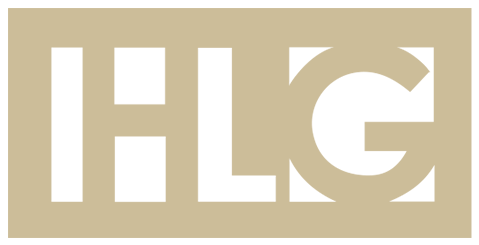Can Creditors Take My Personal Injury Settlement?
If you were injured in an accident, the amount you can win in a settlement could go a long way toward paying for your future medical bills and other expenses. However, if you owe a large debt, you may be worried that your creditors will take your personal injury settlement. You may even be considering filing for bankruptcy because you are unable to pay your debts. Fortunately, in New York, personal injury settlements are exempt to a certain degree from creditors. Creditors cannot take personal injury settlements to satisfy debts in several situations. Personal settlements are protected from creditors, but creditors may be able to seize part of your personal injury settlement.
Liens for Medical Care After an Accident
In New York, creditors can file liens against a person’s personal injury settlement for medical payment. In most cases, these liens are filed by the companies who provided medical care to the patient for injuries caused by the personal injury accident resulting in a settlement. For example, Medicaid and Medicare physicians and agencies along with private health insurance companies can attempt to place liens on the settlement.
If you have become injured in a personal injury accident and your health insurance does not cover your medical treatment, you may be required to sign a statement allowing the medical provider to place a lien on any future settlement to recuperate the cost of your medical services. If you win a personal injury settlement, the medical providers will have a right to garnish your settlement to cover your medical costs.
Liens for Child Support
New York takes child support obligations seriously. A person who fails to pay child support can face many serious consequences. One of the consequences involves garnishment of personal injury settlements. Among the many actions New York takes to collect funds from parents who do not pay child support includes liens against that parent’s personal injury claim as a way to collect overdue child support.
Can I Keep My Entire Personal Injury Settlement When Filing for Bankruptcy?
You may not be able to keep all of your personal injury settlement if you have creditors. Under New York law, individuals cannot protect their personal injury settlement. For example, even if you file for a Chapter 7 bankruptcy, your non-exempt assets can be distributed to pay off your creditors in exchange for the discharge of your debts at the end of the bankruptcy process. People who file for bankruptcy in New York can choose whether to use a federal or state bankruptcy exemption. Most bankruptcy filers select federal exemptions because they are usually more generous than state exemptions.
Under 11 USC §§ 522(d)(3)-(6),(9)-(11), a person who files for bankruptcy can be exempt up to $25,180 for personal injury settlements. However, they will need to show that they received compensation for economic losses such as medical bills and wages after the accident. The compensation cannot have been awarded for pain and suffering. This amount is routinely adjusted for inflation.
The Wild Card Exemption
Federal law also acknowledges a wild-card exemption that you can use to protect any of your non-exempt assets. The wild-card exemption is currently $13,900, but this amount can be lower if you use the exemption to protect your home’s equity. In New York, the exemption for personal injury compensation is lower than the federal exemption. New York permits debtors to exempt up to $8,500 in personal injury compensation. However, the compensation must have been assigned for the debtor’s bodily injury. In other words, a debtor cannot exempt compensation for his or her pain and suffering. Any assets, including your personal injury settlement that you cannot exclude as an exemption can be seized by creditors.
Proof of Claim
During Chapter 7 bankruptcy proceedings, personal injury settlements can be protected when a creditor fails to file a proof of claim. Creditors must file proof of their claim before the deadline. The proof of claim establishes that the debtor owes the creditor a certain amount. When creditors fail to file this claim, they waive all of their rights to collect any of the debtor’s non-exempted debts, including their personal injury settlement.
Keep Assets Separate
If you have obtained a personal injury settlement, it is wise to keep the funds from your settlement separate from other assets that you own. Bankruptcy exemptions will apply to your settlement, but it is unlikely that exemptions will apply to other funds, such as the money you have in your checking account or savings account. If you deposit a settlement amount into the same checking account where you deposit your paycheck, there could be a risk that you will obscure the funds, and you may not be able to protect them through a bankruptcy exemption. Combining your settlement funds with your paycheck is often called commingling and should be avoided when filing for bankruptcy.
Important Points to Remember
The amount of your personal injury settlement that you can exempt from creditors in bankruptcy depends on whether the damages are economic or non-economic. The decision of how you label these damages is critical. Ensure that you document important issues about your settlement, including the bank account information for where the money is kept. Taking these preventive steps can help you protect your settlement amount from being commingled with your other assets. Filing for bankruptcy is complicated, and it is important that you work with an attorney to decide whether you should pursue federal or state exemptions before you file.
About Harrison Law Group, P.C.
The Harrison Law Group, P.C. is a well-known, and respected personal injury law firm who is exclusively dedicated to handing a wide range of personal injury cases which include but are not limited to motor vehicle accidents, slip and fall accidents, dog bites, traumatic brain injuries, serious and catastrophic injuries, soft tissue injuries, construction accidents, and many other injury cases.
